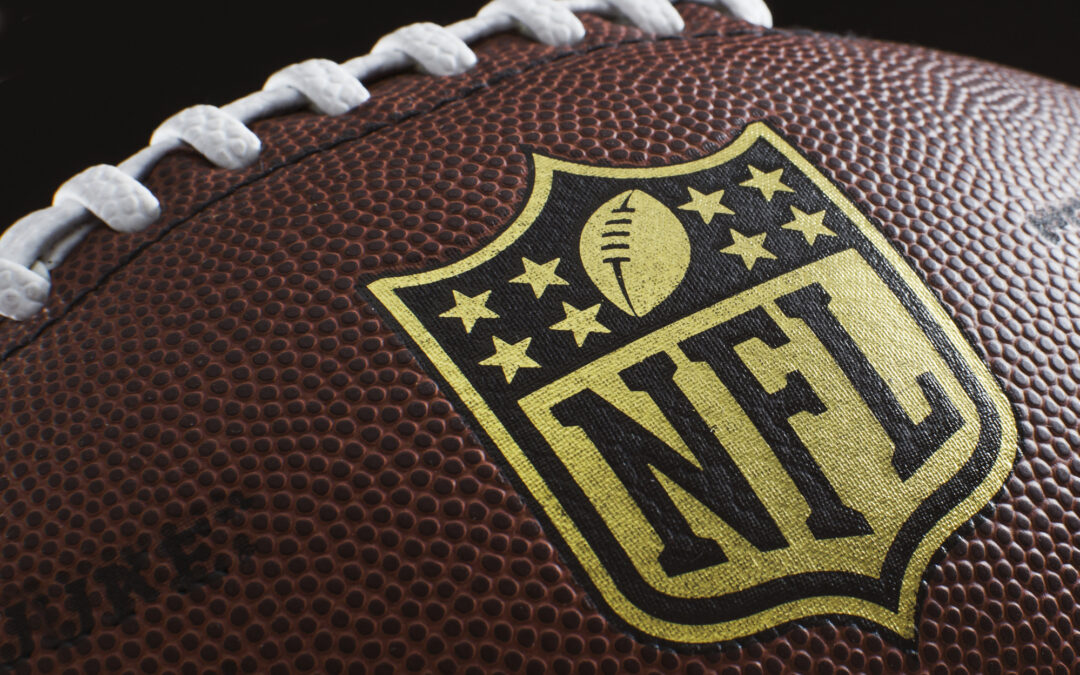In the words of rapper Rick Ross, “I’m Jerry Jones, you just a running back”, a power imbalance is being highlighted that demonstrates what NFL owners like Jones are communicating to Colin Kaepernick and the rest of the NFL labor force. The words decoded mean “Yes, you as a player are a rich celebrity but I’m richer and more powerful than you. Just watch.” NFL star Richard Sherman described the situation as a “boy stay in your place move” by the owners. Kaepernick’s protest as a teaching tool is intriguing because it spans many different aspects of our lives from business to sports to race to American symbolism. There is much nuance and many layers within each of the entities and resultant interpretations of the issue.
First, let’s get what is obvious out of the way: Colin Kaepernick is being blackballed by the NFL. What’s most ironic (and frustrating) is the fact that those who want him blackballed are screaming trying to prove to others that he isn’t being blackballed. Go figure. Now I get that no one can force a business into making a decision about who to have work within their organization. A business’s objective is to please their consumer base and make money. If someone poses a threat to the business doing well then most businesses will get rid of said person. We can’t ignore that that’s the way that capitalism works. So, as is done with any entity that people may be dissatisfied with, some are discussing boycotting the NFL for the season. I would first ask, who is the target of the boycott, the League or the sponsors? Personally, I don’t believe the league can be consequenced by a boycott because of its concentrated power and gravitas. As well, I’m not sure that viewership (i.e. just not watching) has that much of a hold on profit. The bottom line is that sponsors would have to be affected for the NFL to feel the impact of a boycott.
More importantly, I have a concern that people don’t have the endurance, dedication, or commitment to resist football. The NFL itself is a social institution … more so, it’s the ultimate social experience. On the weekends, people invite folks over or gather at a favorite venue to “watch the game.” Women that aren’t NFL fans hate the season because their men are engrossed on the weekends and watching highlights and doing fantasy boards during the week. The fall season becomes consumed with watching and discussing football. In black communities, not watching is like telling folks to stop going to church because there are inconsistencies in religion. It’s like trying to tell sistas to not dance to hip hop because the misogyny runs too deep. Specifically, for black men, protesting the NFL is like telling us not to be the former stars we were and armchair analysts that we are today. Our relationship with the NFL is yet another cultural conundrum as our love affair with it runs deeper than we realize.
But, many black folks are really mad tho. They’re mad because they truly believed the NFL was the greatest meritocracy on Earth. If you were talented, ‘put in the work’, and had a little luck you could find a way to perform (and get paid) on this grand stage. It was a place where black men could come out of the shadows and showcase talents they’ve been honing since they were youngsters. And speaking of talent, we all know that Kaepernick is well above mediocre and better than the two dozen other quarterbacks who have been picked up in free agency. For me, the straw that broke the camel’s back was when arena leaguers, retirees (who said they didn’t want to play anymore), and real estate agents, (yup, I said real estate agents) found their way onto NFL rosters. In fact, the Baltimore Ravens had the nerve to ask their fans for prayer as they deliberated the decision to take on this man who peacefully protested a social issue. Huh? Interesting that no teams ask for prayer when they take on players with a history of domestic abuse, assault, alleged rape, etc. … I mean real criminal activity. People lie but numbers don’t. Kaepernick was easily the best in the free agent class and owners who needed a quarterback deliberately chose to overlook him.
As its becoming increasingly evident that Kaepernick won’t get signed to a team, many Black folks are learning the lesson that they may no longer be able to tell their sons that the NFL is the ultimate prize for integrity and hard work. For far too long, black fathers and their sons have seen the NFL as a desired professional destination. Just ask a black boy, “What do you want to be when you grow up?” The answer is oftentimes “I want to be a football player.” In ‘da hood’, black kids don’t regularly see engineers, educators, or physicians who look like them so they are not considered viable career paths. Being a star baller is what we saw, so therefore it’s what we wanted to be. With this blackballing issue, black men are being forced to recognize their commodification as a product and how their humanity is secondary to profit from a team’s season ticket holders. It comes down to a lack of empathy over what Kaepernick is protesting for and these owners having no level of connection to the injustices heaped upon black men. It’s an unsettling feeling that this revered entity would feel the need to blackball a serviceable player because they don’t want to in anyway acknowledge the sensitive issues he raises. Could they reprimand him? Give due process and discussion? Come to a decision of protesting on his own time? Of course. However, the topic doesn’t matter to owners so it’s simply easier to silence him completely. Many fans, particularly back folks, are having a hard time grappling with this reality.
To the contrary, I ask, what if folks boycott and Kaepernick does get picked up by a team? What happens next? Would he go on to play football for a team/owner that only accepted him because of pressure? Would mainstream fans be pissed? Does his message about police misconduct get lost? Do the rest of us go back to sleep with the illusion that we won something? In my opinion, the learning from this moment is potentially stifled if he gets signed. Another scenario is that he gets picked up – and set up to fail – to prove it was his ability that prevented him from being signed in the first place. My feelings are that with Kaepernick out of the league it forces people to stay woke and focused on the issue that he felt passionate enough to kneel for in the first place: Police brutality and misconduct.
So, to answer the question that I know you have; No, I will not be watching the NFL this year. I simply don’t feel an ounce of connection to a league that sends such contradictory messages. Am I aware that my individual gesture will not impact the league’s financial bottom line? Yes. But, I also know that I will not invest my money, time, and attention to a league where my humanity is not an issue worthy of discussion. People will ask me if I watched the game and I get to answer, and further the message, by telling them why I don’t. As an educator, because of the broad and layered complexity of this matter, I can’t wait to discuss this with my black male student athletes. Again, with Kaepernick out of the league, I get to have them critically think about ideas such as capitalism, race, and social protest, and the notions of “freedom and justice for all”. The black boys who enter my space will understand how money and humanity work together — or don’t. Kaepernick’s protest continues each time people talk the NFL in my presence and I’ll be given another opportunity to put the emphasis back on the important issues that started the protest, the humanity of black men.


Good stuff Dr. Howard
Thank you for the well-articulated, emotion-free argument!
Thank you for your thoughtful discussion on this matter. It’s helpful to see a bright side to Kaep’s absence — namely the ability to continue talking about this issue. So much work left.
On point.